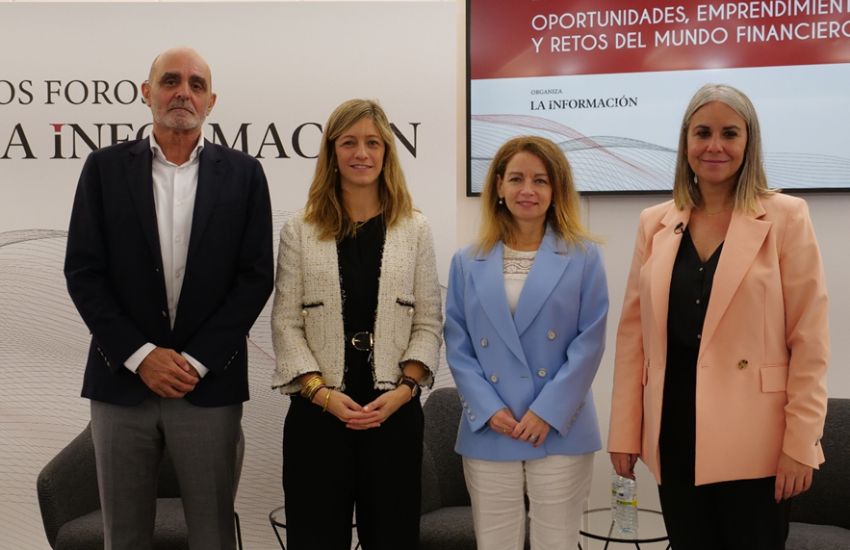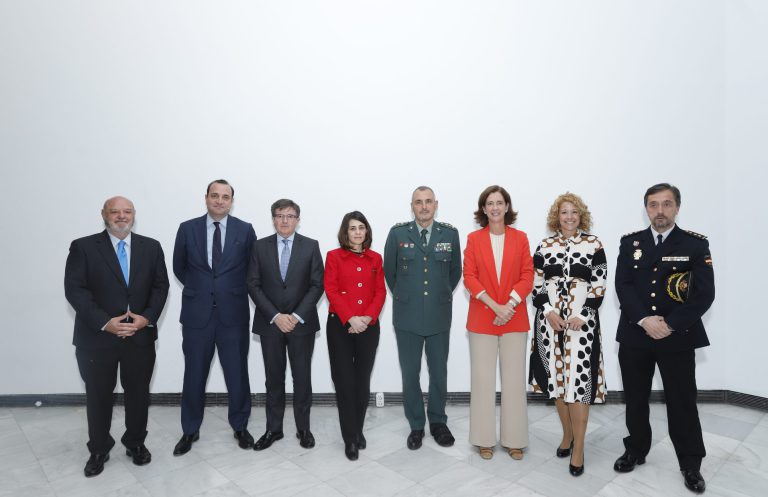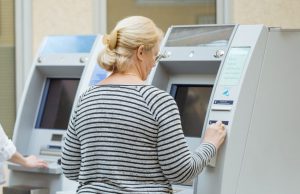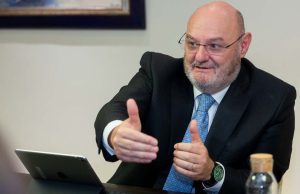Experts assert that it is essential to create the habit at school so that saving and investing become something relevant for citizens throughout their lives, ensuring their well-being and economic health.
Spain needs to strengthen the financial education of its citizens in order for them to acquire a better understanding of finance and greater economic independence, according to the participants in a panel discussion on the subject organised by La Información, which analysed the opportunities for entrepreneurship, the challenges facing the financial sector and education as a means of guaranteeing personal and professional success. The event, held with the collaboration of Mapfre at the head office of the EOI (Escuela de Organización Industrial - School of Industrial Organisation) in Madrid, and moderated by Cristina Triana, Deputy Director of La Información, featured Marta Viéitez, Deputy Corporate Director of Learning at Mapfre; Alberto Aza, spokesperson for CECA (Spanish Confederation of Savings Banks); and Patricia Tato, partner of KPMG's Financial Instruments Division in Spain.
KPMG's Patricia Tato stated that "financial literacy gives people economic independence, makes them more competitive and enables better choices". This is why she advocated including "more of this type of training at an early age and in upper secondary education".
According to Marta Viéitez of Mapfre, as a whole, financial education can bring "well-being to citizens, helping them to manage their personal finances properly". In addition, she explained that training in this field "should be developed over a lifetime, acquiring knowledge progressively". As for the financial literacy of Spaniards, she noted that "it has been improving over the years, but there is still a lot of work to be done, especially at an early age and in schools". In her opinion, "habits are very important, and if you become accustomed to reading about the importance of saving and investing as a child, you will continue to do so throughout your life".
For his part, CECA's Alberto Aza pointed out that people with a high level of financial knowledge "have normally planned their retirement, maintain an adequate level of debt, have different sources of savings and have a sufficient buffer to tackle the most complicated moments". While those that do not "are clearly prone to bankruptcy". The Eurobarometer published before summer showed that the situation in Spain is far from satisfactory in this respect. "We are the fourth least financially literate country, and this requires serious reflection and the implementation of ambitious public policies in which the private and financial sectors also need to collaborate".
The risks of digitalisation
The experts agreed that digitalisation has helped to improve financial literacy, but also warned of the risks associated with the Internet, with Marta Viéitez highlighting the importance of cybersecurity. In this regard, Patricia Tato recalled a study carried out in 2022 which concluded that 70% of the Spanish population uses digital banking. "This opens up a range of possibilities, with customised products and offers, but also increases the risk of falling victim to fraud and rash decisions". This is why "we need to provide a lot of education, especially to the most vulnerable segments of the population, such as the elderly".
Alberto Aza also acknowledged that digitalisation "is a window of opportunity for financial knowledge", but expressed concern at the fact that some young people "are becoming digital investors overnight without having the necessary knowledge", which could make them "easy prey to potential fraud or lead them to take excessive risks". Moreover, he asserted that financial literacy also helps to avoid the digital divide between different segments of the population.
The importance of adapting to the particular needs of each group was also discussed. The CECA spokesperson described a project implemented by Fundación FUNCAS to mobilise resources and fund financial education projects, "in which we identified a group that was completely neglected, top-level athletes, whose careers tend to be short and generate high incomes, making it essential to teach them how to manage their earnings".
Another segment which, in his opinion, needs to be addressed, is young people. "More than 50% of people under 29 invest in cryptocurrencies; and one has to ask whether they are aware that they are investing their money in a volatile, high-risk asset". Indeed, "many of them are influenced by the information they find on social media and by some questionable gurus". Aza also said that "according to a survey, 4 out of 10 respondents acknowledged after the pandemic that they needed to reinforce their financial literacy". And he claimed that if many entrepreneurs had sufficient financial literacy, their businesses could "achieve greater scalability".
Education at an early age
The Mapfre executive pointed out that her company also performs "extensive internal training to ensure that our employees know how to advise and reach out to customers". But she added that "we do not stop there, our sustainability plan includes a line of action which is financial education that reaches out to all audiences, both internally and in society". In addition, "Fundación Mapfre works with schools to instil financial literacy in the very youngest and does so through various fun games that help them to acquire certain key concepts", she emphasised.
For her part, the KPMG expert highlighted some advances that have taken place in the field of regulation, especially in the wake of the financial crisis. She noted that "in the crypto world a directive has already been implemented, although it is true that it is a complex and high-risk market; and at the investor level we have rules like MiFID". Finally, she concluded that "financial literacy can enable an entrepreneur to set up any business and access the necessary finance. Moreover, it favours the economic evolution of any country, improves the productive fabric, avoids risks and reduces default".













